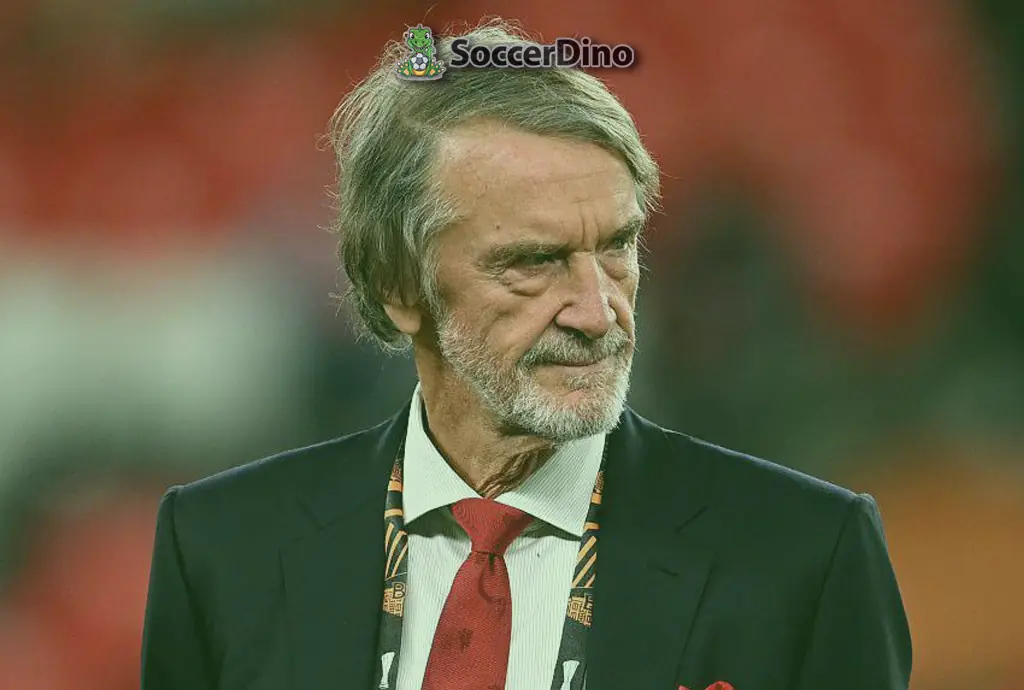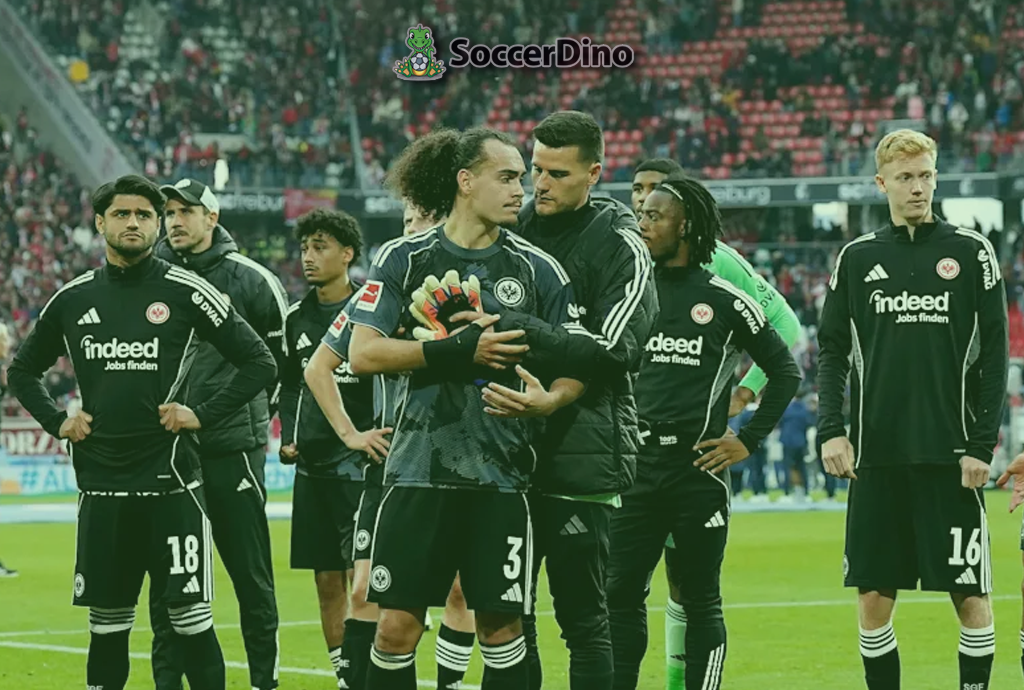Athletic Bilbao striker Iñaki Williams is not a fan of the current format of the Spanish Super Cup. The matches have been held in Saudi Arabia for several years now, but the number nine would prefer it to be different.

On paper, Athletic Bilbao was listed as the home team in their Spanish Super Cup semifinal against Barcelona.
However, for Iñaki Williams, it felt anything but a home game. Reflecting on the experience, the Ghanaian forward expressed his frustration with the arrangement, which has seen the tournament played in Saudi Arabia for several years now. "Even though there were a few of our fans in the stands, it felt like we were playing an away game," he lamented after the match. "It’s such a shame. A thrilling match like this, full of emotion and rivalry, would have been packed with our fans if it were held closer to home. Instead, we find ourselves traveling hundreds of kilometers, far from our people and far from our families. This is not how football is supposed to feel."
Williams didn’t hold back in criticizing the decision to take the tournament to Saudi Arabia, emphasizing how much it takes away from the connection between players, clubs, and their fanbases. "I can’t wrap my head around the fact that we have to play this in Saudi Arabia," he continued, clearly disheartened. "This should have been an opportunity for local fans to see their teams compete, to feel the excitement of the Super Cup in their own stadiums or at least somewhere accessible. Instead, we’re playing far away from our core supporters. It’s just not the same." His frustration was evident as he added, "But this is what football has become. It’s a disgrace, and I find it deeply disappointing. The priorities of the sport seem to have shifted away from the fans and the players."
The criticism raised by Williams highlights a broader issue that has become increasingly prevalent in modern football: the commercialization of the sport and the prioritization of revenue over tradition. The Spanish Super Cup's move to Saudi Arabia was initially met with skepticism and has continued to draw backlash from fans, players, and even some officials. For Williams, the financial benefits of hosting the tournament in a lucrative market like Saudi Arabia do not outweigh the loss of the connection between clubs and their local communities. "Football is about the fans, the people who live and breathe for their teams. When we take games like these away from them, we lose a part of what makes the sport so special," he said.
Meanwhile, the controversy surrounding the registration of Barcelona players Dani Olmo and Pau Víctor has added another layer of tension to the tournament. For weeks, there was uncertainty about whether Barcelona could register the two players, as the club faced challenges meeting La Liga's strict financial regulations. In the end, the High Sports Council (CSD) intervened, granting temporary permission for the players to be registered a decision that sparked outrage from other clubs and figures in Spanish football, including Williams. "Like all football fans, I’m surprised," he admitted. "It seems the rules aren’t the same for everyone. But it’s not my place to decide. If this decision was made, I assume there must be a reason behind it."
Williams’s comments reflect the growing discontent among players and fans over perceived inconsistencies in the application of football regulations. "In Spain, they always manage to surprise us," he remarked wryly. "But these surprises often come at the cost of the integrity of the sport. The image of football in our country is being damaged by situations like this. It’s incomprehensible, and it’s something we need to address if we want to protect the future of Spanish football." Despite his frustration, Williams extended a note of support for Olmo and Pau Víctor, acknowledging the challenges they likely faced during the uncertainty. "I’m happy for them, of course. It must have been difficult for them, and they just want to play football. As a professional, I can’t fault them for that. I’m happy that they’ll get the chance to do what they love."
The events surrounding the Super Cup and Barcelona’s player registration have reignited debates about the governance and priorities of Spanish football. Critics argue that decisions like moving the Super Cup to Saudi Arabia or allowing Barcelona to register players despite financial constraints undermine the sport's fairness and connection to its roots. For fans, it’s a question of whether football remains a game for the people or has become solely a business. For players like Williams, it’s a reminder of how the essence of the sport is being lost in the pursuit of commercial gains.
As the controversy continues, it’s clear that these issues go beyond a single tournament or decision. They reflect deeper challenges within football, not just in Spain but globally, where financial interests often clash with the values that have defined the sport for generations. For Williams and many others, the hope remains that football can find a balance one that preserves its traditions, prioritizes its fans, and ensures fairness for all its participants.







